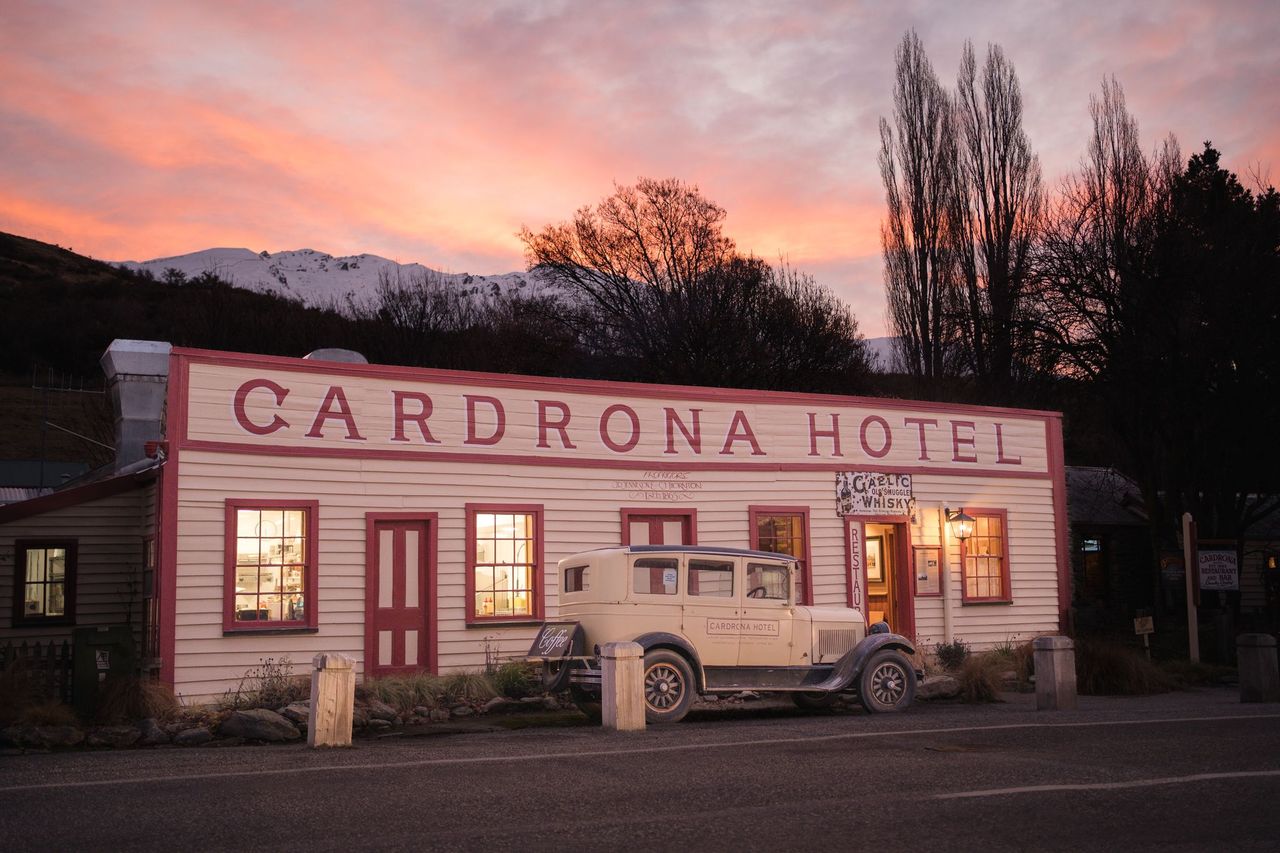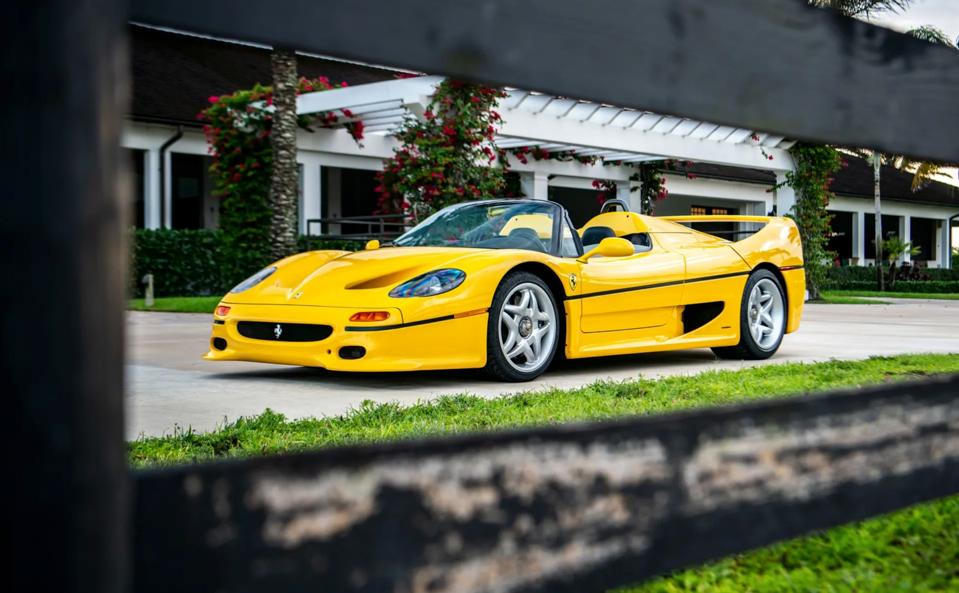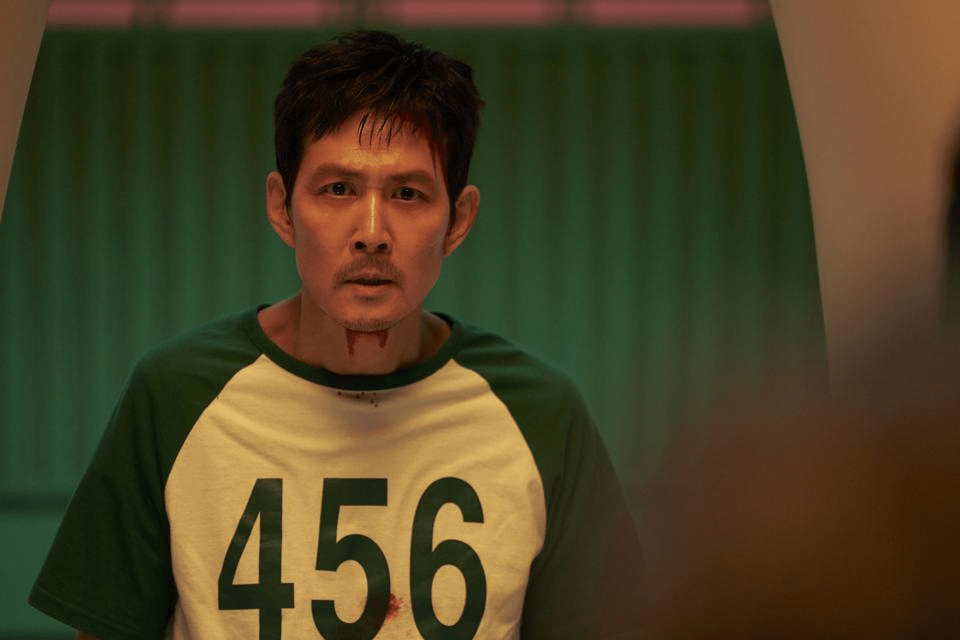Australia’s oldest retail whisky – from a single 21-year-old barrel – goes on sale on March 20 when just 200 bottles will be balloted off.
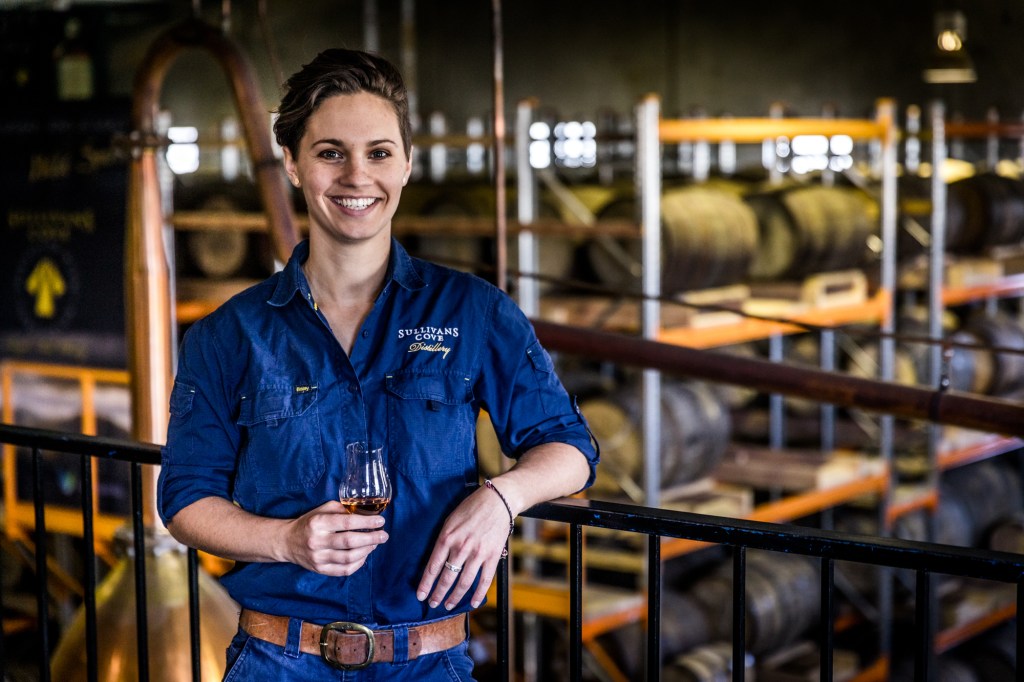
| Image: Supplied
It’s the oldest whisky the prestigious Sullivans Cove Distillery in Tasmania has ever sold. At $2,250 a bottle, it is expected to sell out in minutes, many going to resellers who bank on profiting from the spirited demand for the product.
The 200-litre barrel of whisky was laid down in 2000 without anyone knowing when the spirit inside would be bottled and sold.
For the distillery which has three times won various “world’s best whisky” awards, the decision-making process of when to sell a batch is different to most.
“We’re only going to decant it and sell a cask when we think it has found its peak, its moment of absolute harmony,” says head distiller Heather Tillott, (pictured above) who started work at the company in Cambridge, west of Hobart, when the barrel was already 14 years old. Most Sullivans Cove is bottled at about 14 or 15 years and retails for around $300.
The decision of when to bottle it falls to a panel of inhouse judges, including Tillott and other distillers, but cellar-door and admin staff are also encouraged to join the panel, always aware that those who have been closest to the barrel could be suffering “cellar palate”.
The decision has to be unanimous.
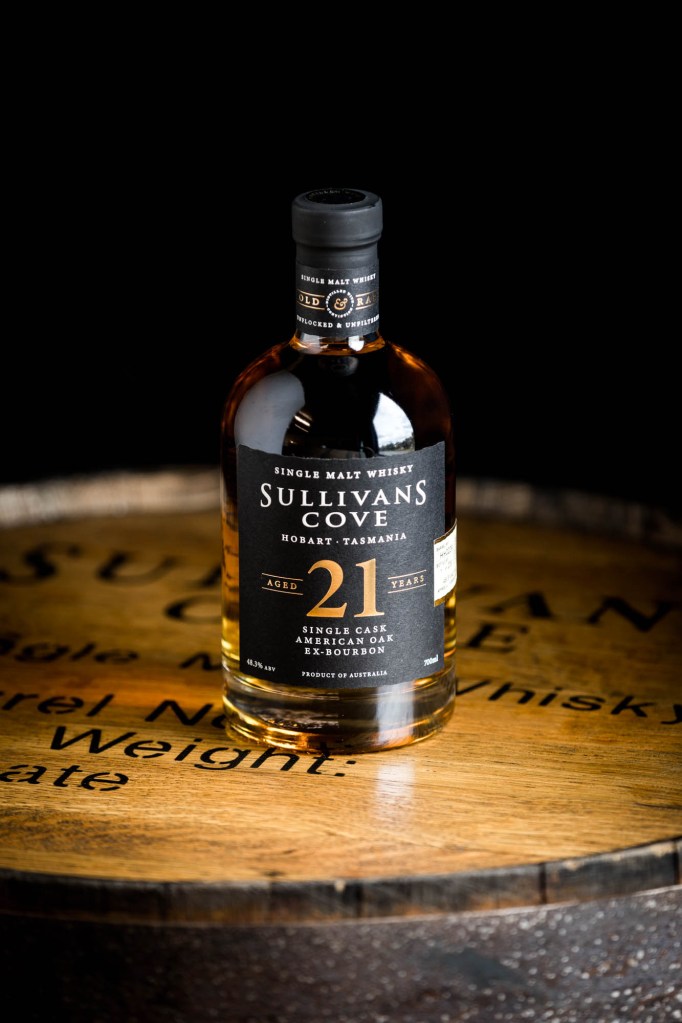
And there’s always the risk they can get it wrong. Whisky does not get better forever and will eventually decline. Because Tasmania is warmer than Scotland, whisky matures faster there, and it is more difficult to keep it longer.
“It could go either way, and that’s the gamble,” says Tillott. “It’s banging now. It’s popping. It’s really beautiful. It ticks all the boxes. In a year’s time it could be even better, but it could also be worse.”
Since the barrel in question was laid down, it’s been tasted about 15 times.
“We do tasting most days. At eight o’clock every morning we’re on the turps. Sometimes you’ll taste things and say, ‘I think it needs another summer.’ But more often than not as they get to the 15-plus age range, it’s, ‘I’ll taste it in a month,’ or, ‘I want to see that in two weeks,’ or, ‘How about we take another sample tomorrow?’”
Featured
“We call them ‘close bananas’ when they’re really close and we even tag them in the distillery management system as such. If a big weather front comes through, it could be another few months before it comes good, but it’s really just about keeping a proper, eagle eye on them.
“And we think of them as people. We personify them, and it’s very much like they’re kids and we’re school teachers. We feel like we’re guiding them through.”
Tillott, 34, came to Tasmania with a background in winemaking, having trained at Two Figs winery in the Shoalhaven region of NSW. Starting as a still hand, she was mentored by distillery owner Patrick Maguire and within four years was head distiller.
She says it took about a year for her palate to adjust. “With wine, you’re nosing things that are up to 18%, but with spirits you’ve got to be comfortable with everything up to 75% and be able to pick up aromatic compounds and take information from that.
“It was a bit of a shock, like, you’ve got to see past the fire.” (She gives a tip: nose it with your mouth open!)
In February, Tillott won the Distillery Manager of the Year at the World Whiskies Awards in the “rest of the world” category (ie not Scotland or the US), and is thus in the running to be named distillery manager of the year for the entire world later this month.
From the time it was founded in 1994, Sullivans Cove has aspired to sell not just single malt whiskies – bottles from a single distillery – but “single-cask” whiskies, which, as the name suggests, come from a single wooden barrel.
The 21-year-old bottles are nowhere near the most expensive produced by the little distillery with a staff of 27 and which last year shipped just 18,000 bottles. “We’ve won three world’s best single malt titles, so you can imagine what people won’t do to get their hands on those bottlings,” says Tillott.
“There was one that sold for $16,000 for a 700ml bottle which is mind boggling.
“But what a great thing that Australia’s creating a product that globally has that demand. That’s so cool.”
To enter the ballot for a bottle, subscribe to Sullivans’ email list.
Forbes Australia issue 3 is out now. You can pick up your copy at all good newsagents or become a member here.

